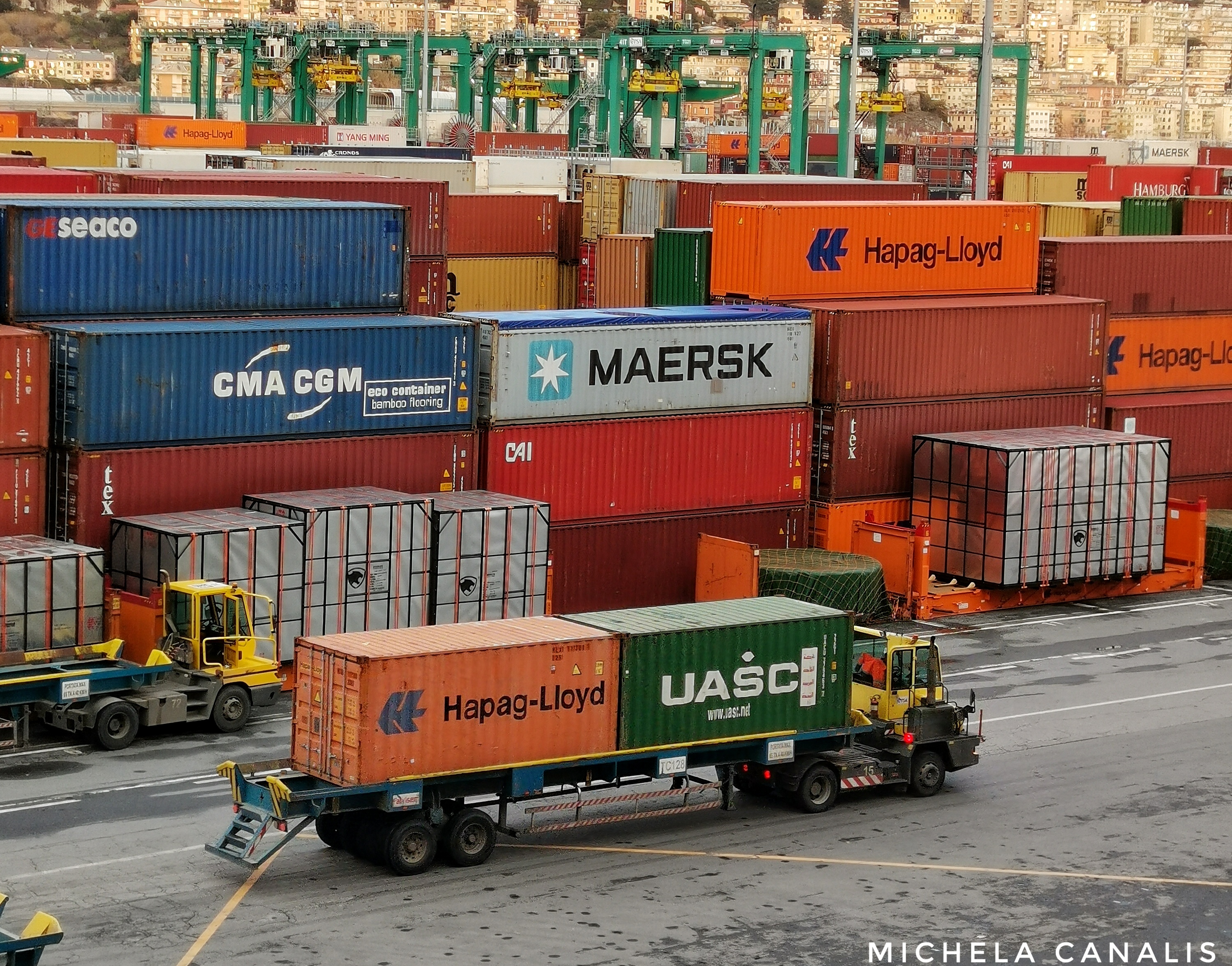There are just a few of them. They’re badly paid and weighed down by unsustainable management costs. The same road hauliers who provided an essential service during the pandemic by ensuring the continuity of supplies, are now on the verge of collapse.
“Soaring fuel prices and labour costs are literally bringing our industry to its knees,” the president of CNA FITA Livorno, Massimo Angioli, tells Port News. “If it goes on like this, we will no longer be able to guarantee the service.”
The high cost of energy is heavily impacting the road haulage industry: CNA FITA (the Italian Road Hauliers’ Association –Translator’s Note) highlights how the average price of fuel has reached 1.60 euros per litre, bringing the operating costs of a single truck to 9,300 euros per year. “In 2021 the price of diesel fuel had already risen by 22%,” Mr. Angioli continues, “This year there will certainly be other increases. As of today, energy cost increases affect operating costs by about 37 percentage points.”
Fuel prices are even higher for eco-friendly vehicles: “It currently costs almost 90% more to run a CNG truck. It’s not surprising that many hauliers prefer not to use their natural gas trucks. Keeping them on the road would mean running at a loss.”
There is also the problem of the cost of additives, in particular, AdBlue (Diesel Exhaust Fluid), used on trucks equipped with catalytic converters to reduce nitrogen oxide emissions. “We have seen price rises of up to 390%,” Mr Angioli points out . “Because of the natural gas crisis, due to the increase in demand for gas, the cost of producing this product has become more and more expensive and the few Italian producers have had to abruptly slow down its manufacture, in some cases even suspending it.”
In short, the sector is bogged down in a crisis that’s difficult to find a way out of. “Unfortunately, unlike shipping companies, that increased freight rates as and when they pleased during the Pandemic period, and not always justifiably so, hauliers have no room to manoeuvre. They cannot up their tariffs to justify unexpected adverse conditions. Contracts in the sector are not spot ones but are all long-term, lasting two or three years. Many hauliers have therefore been forced to stick to pre-Covid tariffs.”
In addition to this, labour costs are becoming unsustainable too. “Specialized workers are increasingly difficult to find,” the president of CNA FITA Livorno points out. “The truth is that young people no longer want to work in our sector. Do you know what it means for a young man with a family to support, to be away from home for months, spending his life on the road, driving semi-trailers over 13 meters long with all the risks that this entails? Besides, these days, thanks to Covid, there is even a greater reluctance to do this type of work”.
There is little money and a lot of sacrifices, perhaps too many: “We have to take this into account. Here, labour costs are considerably higher than elsewhere. Employer contributions account for 80% of an average salary. In other countries the tax wedge has not reached the same level. This put us at a competitive disadvantage compared to foreign hauliers, for example”, who, in many cases, turn out to be more competitive…
“First of all, outside Italy, diesel costs 85 cents a litre, almost a euro less. At the end of the month, you see the difference. You certainly do.” Mr, Angoli adds.
There’s also the working hour flexibility problem: “According to European regulations, hauliers must not drive for more than 9 hours a day, 56 hours a week. Polish truck drivers, for example, have fewer problems complying with the regulations because they sleep and live on their lorries. Italian hauliers, on the other hand, who have a sacrosanct need to spend hours with their families, have to be able to return home. There is therefore the risk that they will have to stop 10km away from their hometown because they are forced to take compensatory rest hours. The rules have to be respected, I agree, but they should be applied with greater flexibility.”
These are just some of the ongoing issues which have to be solved. This is why CNA FITA has requested an urgent meeting at the Ministry of Infrastructure and Sustainable Mobility, “Corrective measures are needed, and in particular urgent measures to address the high fuel prices” Mr Angioli concludes. “Do you want to know the truth? If we continue like this we risk not making it to 2023. Only a fool would decide to start a road haulage company now.”
Translation by Giles Foster




